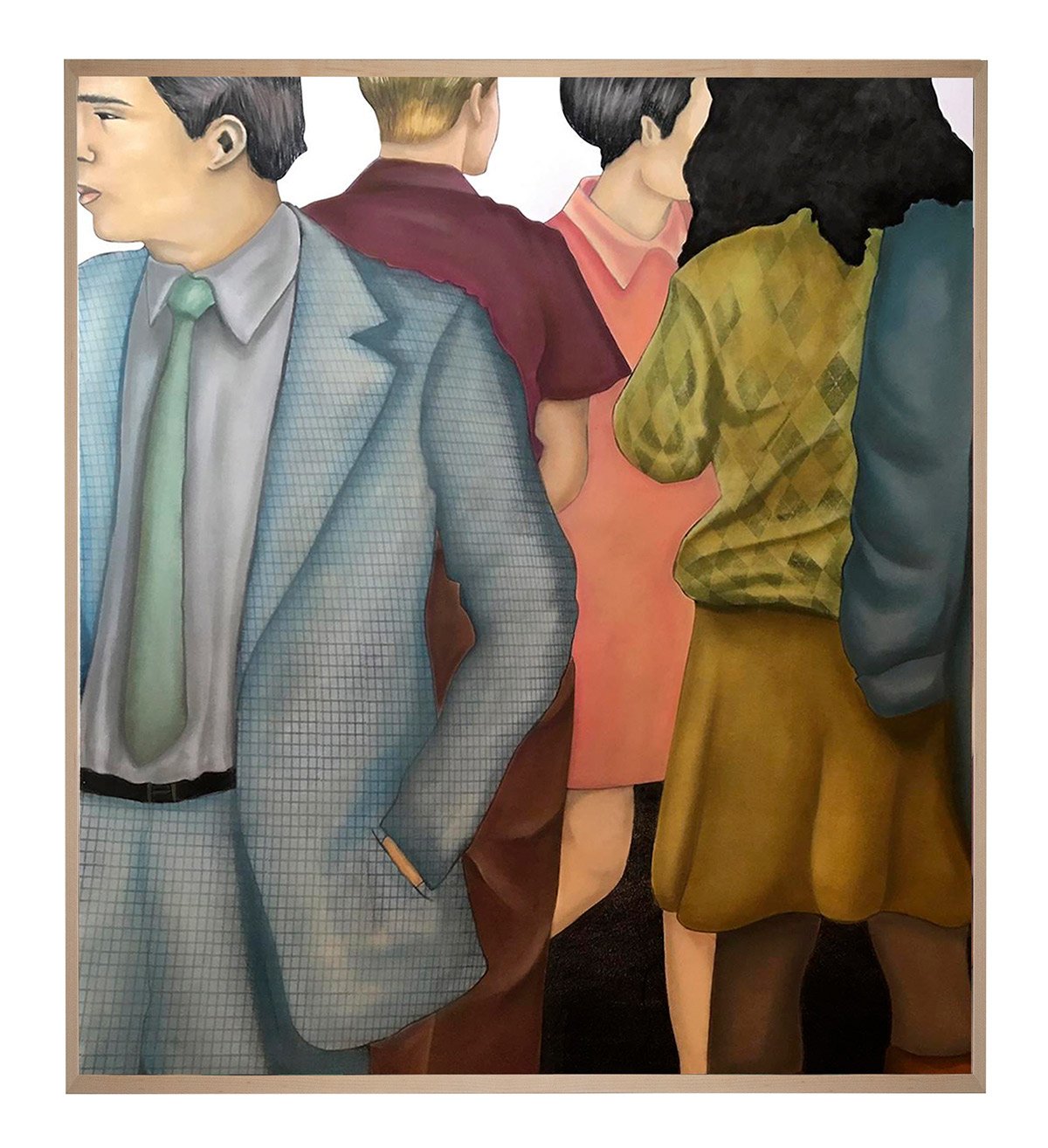When I often work with leaders or coaching clients, I ask if they are aware of themselves?
Most answer yes (the leaders almost always respond the quickest).
I follow that up by asking how they know this?
What would you do to be self-aware right now?
We all assume we need it and are very quick to point out when others lack, but we have a tuff time answering this.
This is not surprising since we humans are absolutely terrible at assessing ourselves. Our brains are masters at distorting information to confirm certain beliefs and thoughts that cement false ideas.
Tasha Eurich identifies three major areas that prevent self-awareness:
➔ 𝗕𝗹𝗶𝗻𝗱 𝘀𝗽𝗼𝘁𝘀:
We are unaware of our behaviours, thoughts, or feelings in these areas, but others can see them. Blind spots can occur because we have a biased or limited perspective of ourselves or because we don’t have access to all the information that others do.
➔ 𝗗𝗲𝗻𝗶𝗮𝗹:
Denial occurs when we are aware of something about ourselves but refuse to acknowledge it. This can happen when the truth is uncomfortable or threatens our sense of self.
➔ 𝗗𝗶𝘀𝘁𝗼𝗿𝘁𝗶𝗼𝗻:
Distortion occurs when we alter how we perceive ourselves to protect our self-image. This can involve exaggerating our positive qualities or minimising our flaws.
The bottom line is that when it comes to making the choices that guide our lives, overcoming our blindspots gives us power.
Viewing yourself honestly is the key.
“The most fundamental…harm we can do to ourselves is to remain ignorant by not having the courage and the respect to look at ourselves honestly and gently.” - Pema Chödrön

